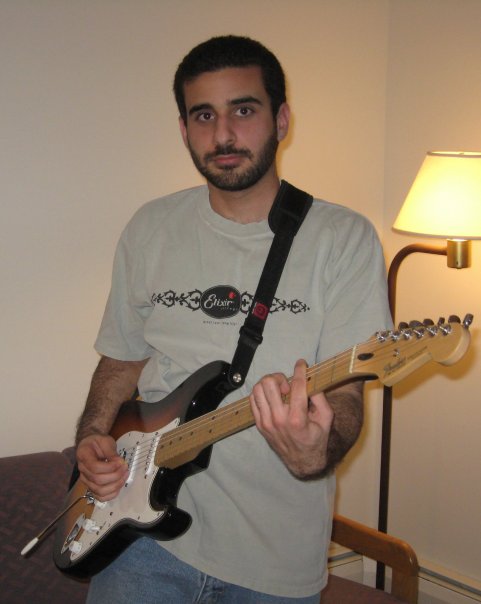Considering the fact that so many holiday songs are centered around the theme of "home for Christmas" or "home for the holidays", along with the fact that my family is currently in the process of buying a vacation house upstate (pictured above), I've been thinking a lot about what exactly constitutes a home. The Longman Dictionary defines home as "the house, apartment, or place where you live." Indeed, if you ask most people to describe their homes, you'll probably get information about a physical place. However, other definitions of home are a bit more broad and abstract.
In his song "You're My Home", Billy Joel says:
Home can be the Pennsylvania Turnpike
Indiana's early morning dew
High up in the hills of California
Home is just another word for you
If I traveled all my life
And I never get to stop and settle down
Long as I have you by my side
There's a roof above and good walls all around
You're my castle, you're my cabin and my instant pleasure dome
I need you in my house 'cause you're my home
For the narrator of this song, home is not necessarily a specific location. Rather, it is any place or situation in which he finds a sense of comfort and belonging. On a similar note (pun intended), Marc Cohn's song "Already Home" describes how the narrator searched for a home only to find that he was already there:
Why'd it have to take me so long
Just to find a place that really feels
This must be where I belong
Thinking about it, all I had to do was click my heels
This is where I lay my hat
This is where they know my name
This is where they show me that
A man's not so alone, no
Maybe I'm already home
Again, the lyrics give the impression that home is not a physical place as much as it is a feeling of acceptance and belonging.
Here's hoping we all find our homes, wherever or whatever they may be.
Vocabulary
To be centered around (phrasal verb) - to be interested in or based on
Constitute (verb) - to be the parts that form something
Abstract (adjective) - existing only as an idea rather than something real that can be seen or touched
Turnpike (noun) - a large road, highway
Dew (noun) - the small drops of water that form on outdoor surfaces during the night
Lay my hat (noun) - the place where you "lay your hat" or "hang your hat" usually refers to the place in which you live
Impression (noun) - the opinion or feeling you have about someone or something based on the way it seems
Acceptance (noun) - in this case, acceptance refers to the process of allowing someone to become part of a group or society
Vocabulary Practice
1. After many years in the United States, I finally felt that I had gained _________ into American society.
2. In order to drive on certain _________, we must pay a toll.
3. A mother, a father, and children _________ a family.
4. When I left my house this morning, there was _________ on my car. It had formed during the night.
5. This book is ___________ the war in Iraq.
6. My house is the place where I _________.
7. His unfriendly facial expression gave us the _________ that he was not a nice person.
8. Love is an __________ idea. It is not something we can actually see or touch.
Grammar Point
In the vocabulary section, you learned the word abstract. There are some nouns that we classify as abstract nouns because they refer to things or ideas that we cannot see or touch. Some examples are love and happiness.
Grammar Practice
Think of five abstract nouns and write a sentence containing each one. If you cannot think of five abstract nouns on your own, choose some from the list at http://www.yourdictionary.com/grammar-rules/Abstract-Nouns.html.



